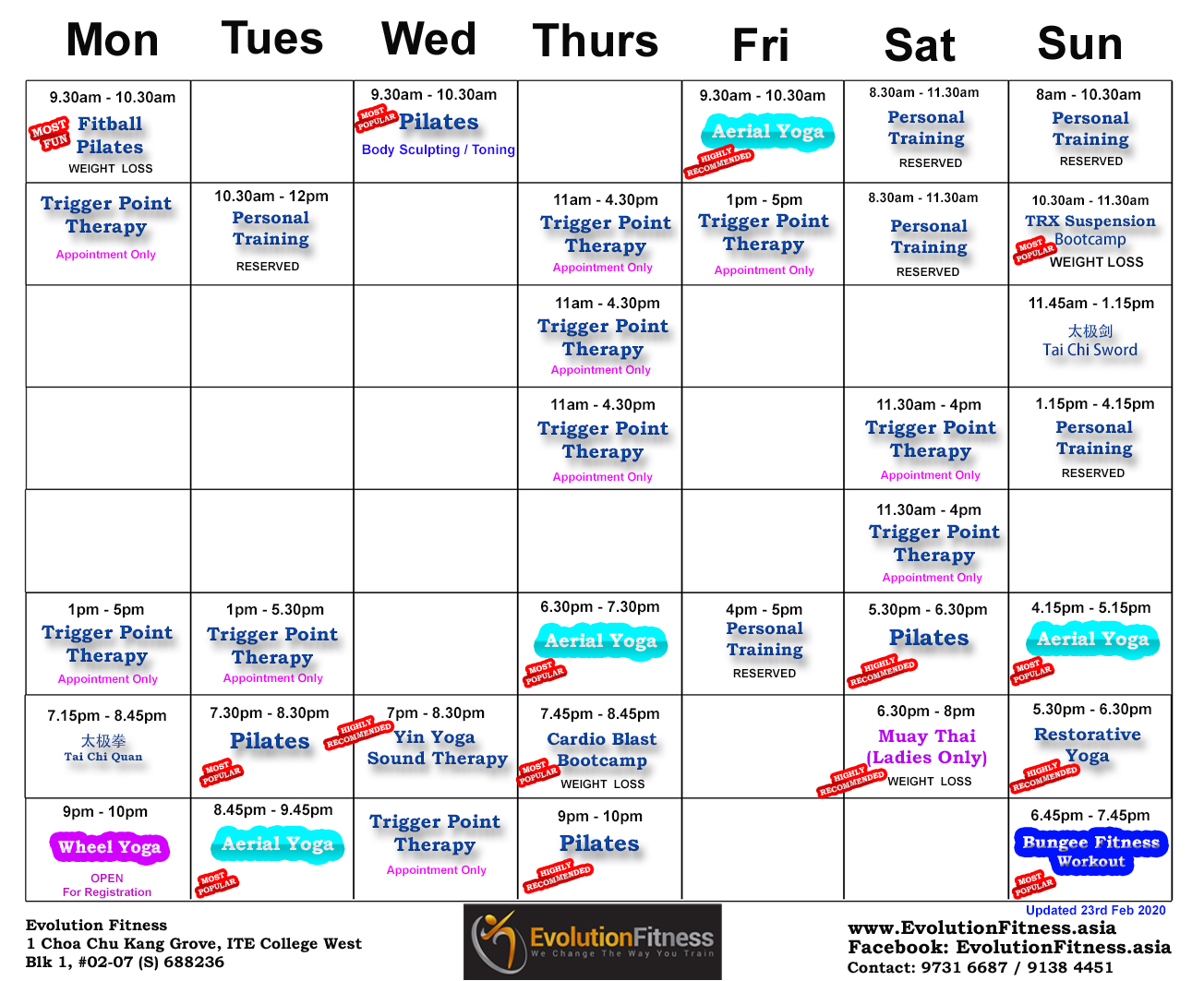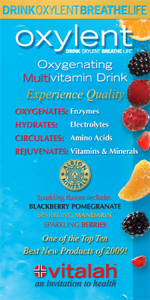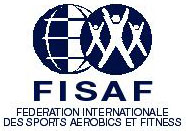18.5 - 24.9 = Normal
25 - 29.9 = Overweight
> 30 = Obesity



If time permits, I would like to sign up for a proper course. It was good exercise :)
- Beatty Sec
- Beatty Sec
- Beatty Sec
- ICA
- CHIJ St Nicholas Girls School
There were so many moves of self-defense. Coaches are very nice. This rocks!
- Northland Primary
- CHIJ St Nicholas Girls School
Coach make us feel “Taichi"
- Hong Wen School
I want to learn more advanced Taichi.
- Hong Wen School
- Princess Elizabeth Primary
The coach is very good in Wushu, I would like to continue learning.
- Princess Elizabeth Primary
- Princess Elizabeth Primary
Read More >>
(WORD COUNT: 366)
The body needs proteins, fats, carbohydrates and a number of minerals so as to stay fit and healthy. It was later discovered that these dietary components alone were not enough and small amounts of other materials were actually necessary to keep the body functioning properly.
These vital ingredients were known as vitamins and vitamins are divided into two types which is the water-soluble and fat-soluble vitamins as described below.
Vitamins belong to a class of complex organic compounds which are found in small amounts in most of the foods. They are necessary for the optimal functioning of many different physiological processes in the human body. The activity levels of many of theses physiological processes are enhanced greatly during exercise, and sufficient bodily supply of vitamins must be available in order for these processes to function optimally.
These vitamins cannot be stored in the body and need to be replaced regularly through our diet consist of those in the B complex and vitamin C.
Although water-soluble vitamin deficiencies are rare in developed countries, supplement may still be advised for certain individuals with special consideration. Taking for instance, women of childbearing age should consume 400 micrograms of folic acid daily so as to prevent the possibility of birth defects in the new born. Senior citizens should obtain sufficient vitamin B12 through fortified foods or vitamin supplement.
In most cases, water-soluble vitamins are not toxic when consume in excess. Nevertheless, excess niacin may interfere with proper liver function and that too much vitamin B6 has been related with neurological problems.
These vitamins are stored in the body and include vitamins A, D, E and K. Although most vitamins ought to be obtained from the food we consume, several may actually be produced in the body. For instance, vitamin A may be produced from dietary Beta-carotene, vitamin D from exposure to sunlight, and vitamin K from intestinal bacterial activity.
In most developed countries, fat-soluble vitamin deficiencies are quite rare, hence supplementation is not usually recommended, with the exception for vitamin D in the senior population who has very limited exposure to sunshine. Research has shown that supplementation with fat-soluble vitamins has not been proven to enhance sports performance.
Vitamins, minerals supplements, sports performance
Durstibe, J.L., (2006) Action Plan For High Cholersterol Human Kinetic
Halliwell, B. (1996) Oxidative stress, nutrition and health: Experimental strategies for optimization of nutritional antioxidant intake in humans. Free Radical Research 25 57-74
Howley, E.T. and B.D. Franks, (2003) Health Fitness Instructor's Handbook (4th Ed) Human Kinetics
Lemon, P.W. (1998) Effects of exercise on dietary protein requirements. International Journal of Sports Nutrition
Lukaski, H. (2001) Magnesium, zinc and chromium nutrition and athletic performance. Canadian Journal of Applied Physiology 26 13-22
M.Forgac (1979) Carbohydrate Loading: A Review. Journal of the American Dietetic Association 75 42-45
Marieb, N.E., (2006) Essential of Human Anatomy & Physiology (8th Ed) Pearson Benkamin Cummings San Francisco
Marieb, N.E. and H. Katja, (2007) Human Anatomy & Physiology (7th Ed) Pearson Benkamin Cummings
McArdle, W.D. et al., (2007) Exercise Physiology, Energy, Nutrition & Human Performance (6th Ed) Lippincott Williams & Wilkins Baltimore
Newhouse and Finstad (2000) The effects of magnesium supplementation on exercise performance. Clinical Journal of Sport Medicine 10 195-200
Rico-Sanz, J., et al. (1999) Muscle glycogen degradation during simulation of a fatiguing soccer match in elite soccer players examined noninvasively by 13C-MRS. Medicine & science in Sports & Exercise 31 1587-1593
Stafford-Brown, J. et al., (2003) BTEC National In Sport and Exercise Science Hodder Education London
Vitamins and minerals and the athlete Website (2008) http://www.bupa.co.uk (12th May 2008)
Williams, H.M., (2007) Nutrition for Health, Fitness, & Sport (8th Ed) McGraw Hill

 Multivitamin Drink
Multivitamin Drink
 More info >>
More info >>
 More info >>
More info >>
 Sports Massage Therapy
Sports Massage Therapy